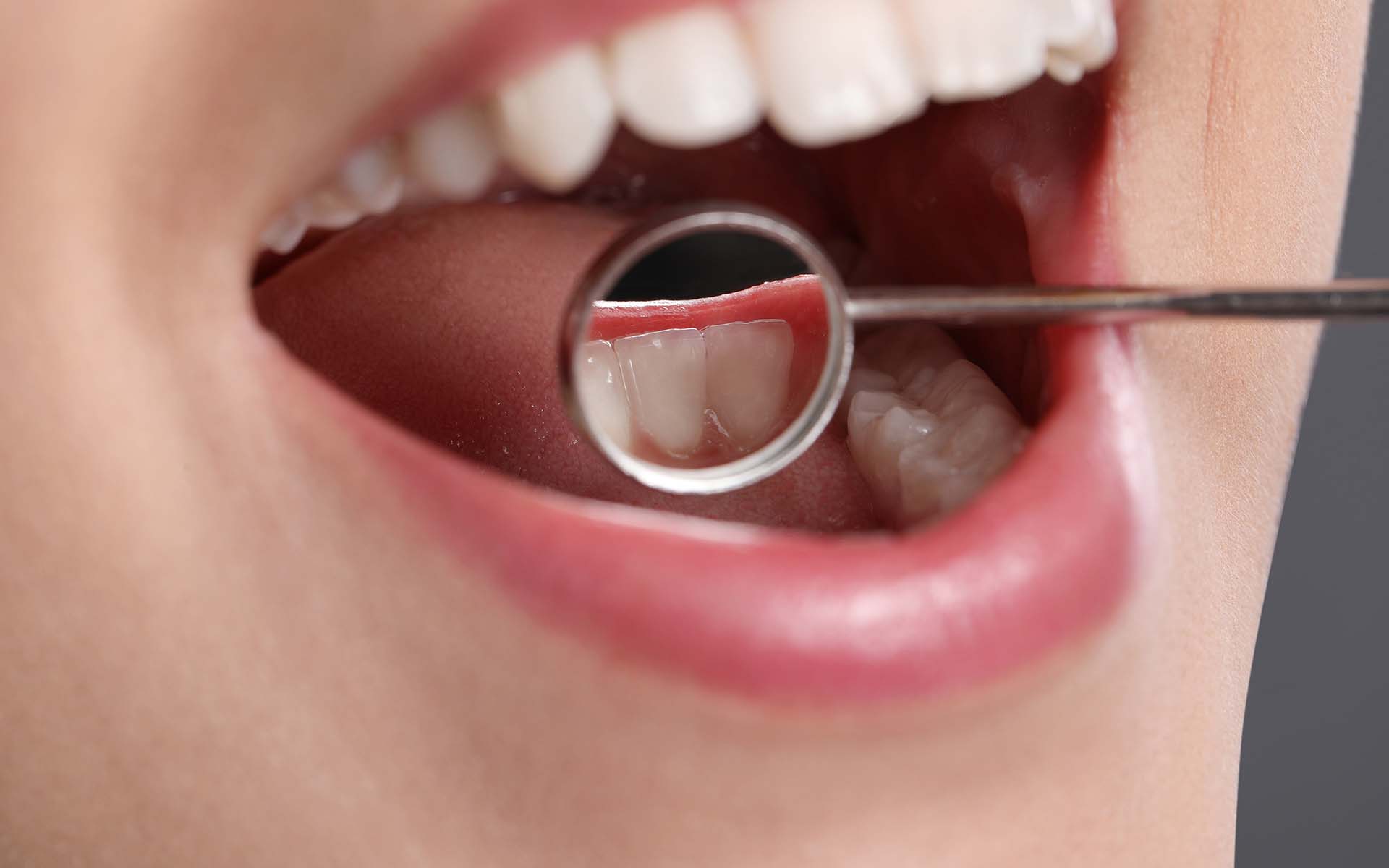
Intraoral and Oral Cavity Tumors Treatments

Tumors that develop in the mouth and oral cavity can be benign or malignant. Malignant tumors are also known as cancer. If intraoral tumors are malignant, the source of these tumors can be any tissue in the mouth directly or it can also be observed as a result of the spread of cancerous cells in other organs to the mouth and jaw bones. Tumors that develop in the jawbones or in the mouth are either dental origin or develop independently of the teeth. If the tumor is malignant and not detected early, it is life-threatening. Benign tumors are not life-threatening, but they cause destruction, aesthetic and functional disorders in the area they are located. No matter what, wounds that occur in the mouth and teeth area and do not heal in 3 weeks should be shown to a surgeon.
What are the Causes of Oral and Jaw Cancer?
Although the causes of oral cancer are not clearly known, there are some conditions that predispose to these diseases;
- Alcohol and smoking
- Inadequate oral hygiene
- Faulty making of crown bridges prosthesis
- Viruses that settle in the mouth area
- Chronic infections
- Unhealthy diet and vitamin deficiencies
- Hereditary diseases
What are the Symptoms of Jaw and Intraoral Cancer?
Cancer is a disease that can be treated if detected early, no matter where it develops in the body.
In addition, it is prevented from spreading to different regions in early diagnosis. For this reason, it is important to follow the anomalies that develop in the body. In this case, it is important to consult your doctor if you observe the following conditions in the mouth;
- Sores in the mouth that do not heal for more than 3 weeks
- Red and white spots in the mouth
- Teething and numbness of the tongue and lips
- Non-healing of wounds after tooth extraction
If the oral cancer has progressed, different findings will be observed. These ones;
- Painless bleeding ulcers
- Difficulty speaking and swallowing
- If cancer has developed in the tongue excruciating pain, hardening of the tongue and loss of flexibility
Diagnosis and Treatment of Intraoral and Jaw Tumors
If swelling or tissue changes are observed in the mouth that do not go away within a month, a doctor should be consulted. Diagnosis can be made by the doctor's direct examination of the lesion or by biopsy. If oral and jaw tumors are malignant, MRI scans and computed tomography are performed to determine the extent of the cancer and to find out if it has affected other areas and bones. After diagnosis, intraoral cancerous tissues are surgically removed. Radiotherapy and chemotherapy applications are made. If necessary, both radiotherapy and chemotherapy methods are used together. After the operations and surgeries it may be necessary to make reconstructive applications on the skin and soft tissue or replace the bones with prostheses. After the operations and surgeries it may be necessary to make reconstructive applications on the skin and soft tissue or replace the bones with prostheses. In addition to these, speech therapy, restorative dentistry and nutritional counseling services may be required for the patient.
If intraoral tumors are benign, generally positive results are obtained in surgical operations. The destruction caused by these tumors is achieved with grafts compatible with that region or new bone formation with bones taken from another part of the body.